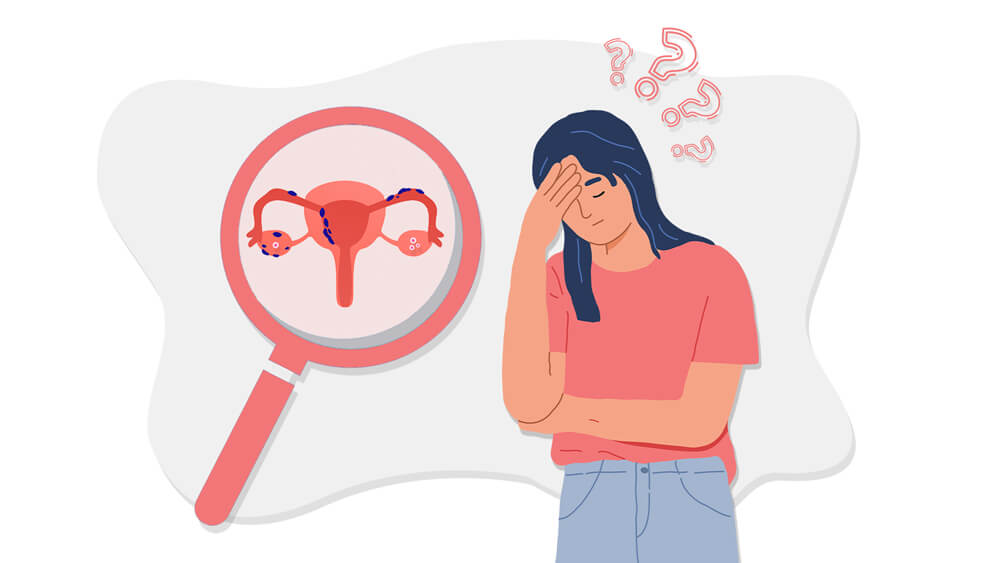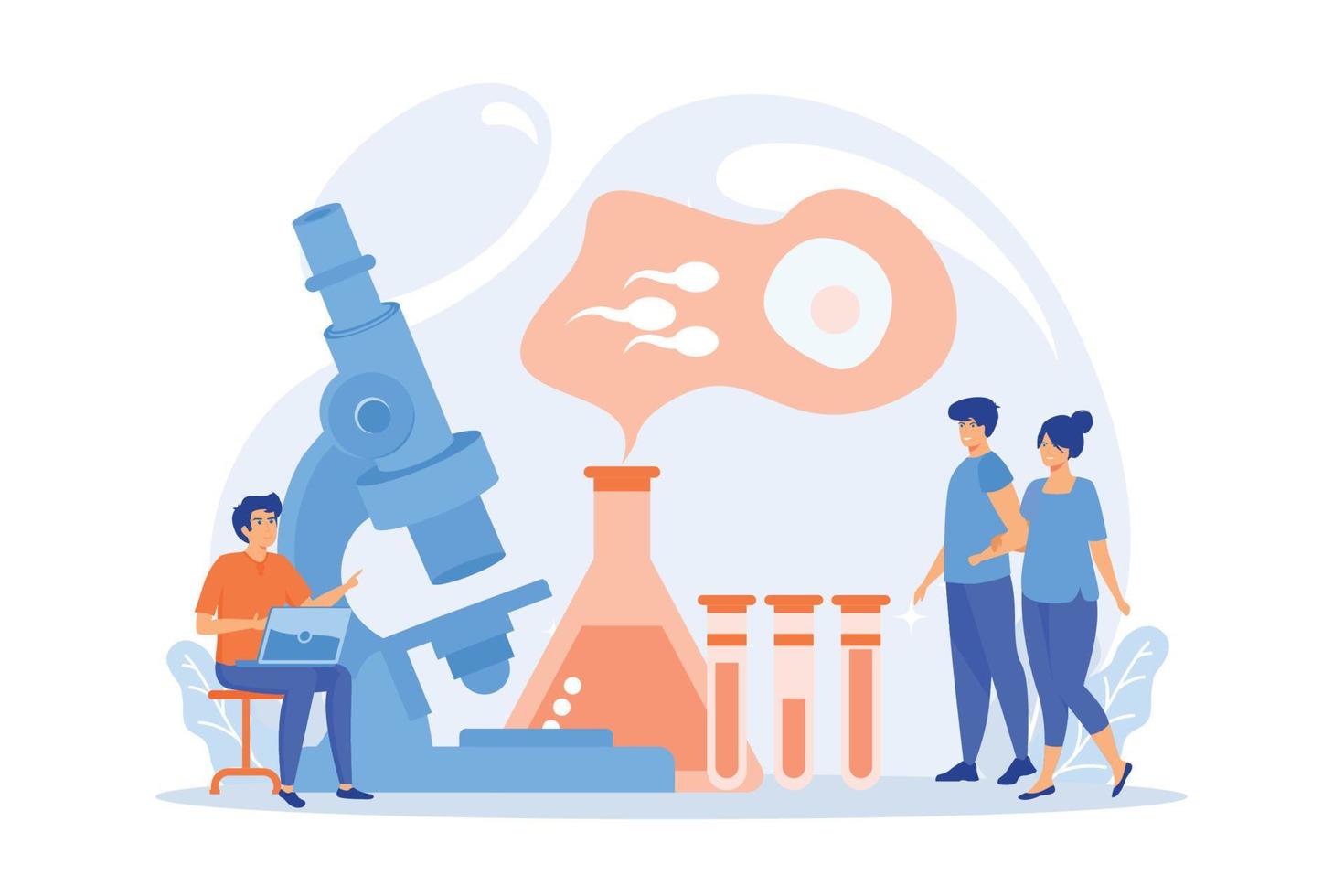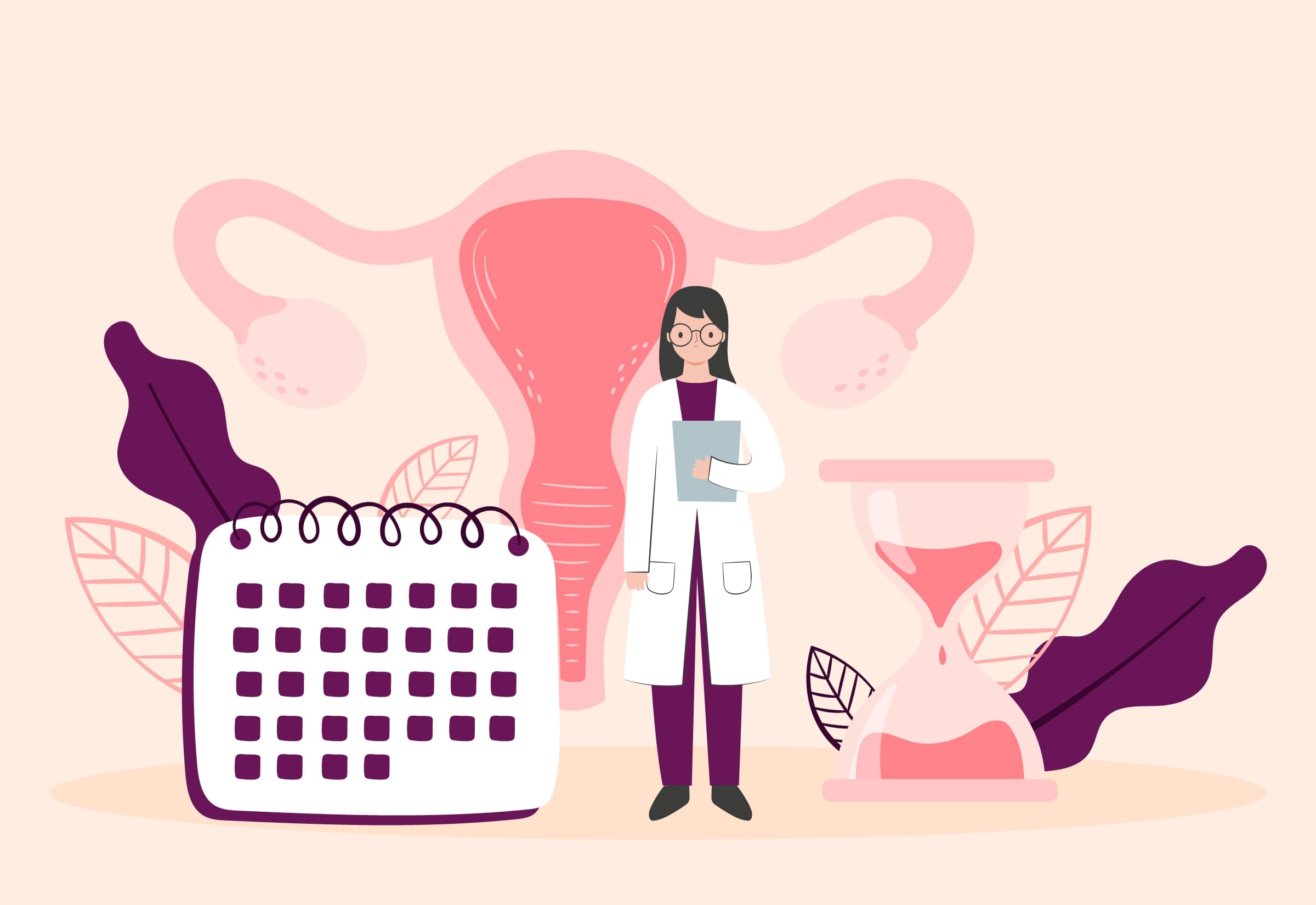Calls for Ukraine
Calls for Europe
Calls for USA

According to the World Health Organization (WHO), impaired female fertility (the ability to conceive) is the cause of infertility in 37% of couples. Problems in the male reproductive system occur in 8% of cases. And 35% of couples have problems both on the part of the woman and on the part of the man.
Despite the active development of reproductive medicine, many couples still cannot have their own children. Therefore, there is an active search for new methods of treating female infertility, and stem cell therapy is one of the most promising approaches in this area.
Infertility in women is usually classified into primary and secondary. Primary is diagnosed if a woman has not been able to conceive after at least one year of sexual intercourse without the use of contraceptives. Secondary refers to women who have already become pregnant at least once, but can no longer do so.
The most common reasons for women not being able to conceive are:
In some cases, the exact cause of infertility in women cannot be determined, even after all the necessary examinations and tests have been carried out.

In most cases, the examination includes the following diagnostic measures:
If you need a diagnostic examination for infertility, call the number listed on the website or fill out the feedback form. The medical coordinator of the MedTour company will select for free the best clinic that best suits your needs.
To date, the main methods of treating female infertility are:
Also used are vitamin-mineral complexes and antioxidants, such as zinc, vitamin E and L-carnitine, which in some cases increase the chances of pregnancy in patients.
Despite the fact that assisted reproductive technologies are the main hope of infertile couples, they help to achieve success only in 50% of cases. Therefore, scientists around the world are trying to find new, more effective and safe methods, and stem cell therapy is a very promising direction in this area.

Cell therapy is one of the most promising areas in medicine. However, there are many myths associated with this technology. And the most discussed of them is the use of embryonic stem cells. Previously, scientists did study the properties of stem cells derived from embryonic material, but later they found a way to obtain SCs that is not associated with ethical controversies.
The effectiveness of stem cells in the treatment of female infertility is currently being actively studied. There is already strong scientific evidence that MSCs address the most common causes of fertility problems in women.
Premature ovarian failure
One of the most common causes of female infertility. It is a heterogeneous disorder characterized by ovarian atrophy, decreased ovarian reserve (egg count), menstrual irregularities, ovarian dysfunction, and elevated follicle-stimulating hormone (FSH) and decreased estradiol in women under 40 years of age 48.
Research has shown that stem cells from various sources play an important role in ovarian repair through a variety of mechanisms, such as:
Several scientific sources also indicate that MSCs can reduce the death of cumulus cells (specialized cells that surround and nourish the egg) and restore the level of sex hormones.
Polycystic ovary syndrome
Polycystic ovary syndrome (PCOS) is one of the most common reproductive and metabolic disorders in women of childbearing age. The occurrence of this disorder is due to environmental and genetic factors. Patients with PCOS are infertile due to poor egg quality.
Immune processes play an important role in the development of PCOS. It has been proven that mesenchymal stem cells are able to suppress the abnormal cellular immune response that can lead to inflammation in polycystic ovary syndrome. Thus, stem cell therapy is an effective and safe method of treating PCOS, increasing a woman’s chances of pregnancy.
Endometrial diseases
The endometrium is a dynamic and complex tissue that lines the inside of the uterus. It plays an important role in the process of embryo implantation. A successful pregnancy involves a synchronized and coordinated interaction between the embryo and the endometrium.
Stem cell treatment promotes endometrial regeneration. There is also evidence that cell therapy is an effective strategy for the treatment of intrauterine adhesions. Clinical trials have shown that the introduction of stem cells derived from menstrual blood into the uterus helps to normalize the morphology, increase the thickness of the endometrium and significantly increase the chances of pregnancy.
The MedTour company closely follows innovations in the field of medicine, trying to make them more accessible to patients. We are currently offering a unique possibility of cell therapy for infertility. This technique can be used both independently and in combination with standard fertility restoration methods. Get a free consultation from a MedTour coordinating doctor to learn more about the new technology.

Despite the fact that some factors that lead to fertility disorders in women cannot be influenced, there are a number of preventive measures to prevent infertility. To increase the chances of a successful conception, it is necessary to:
Women who are underweight or overweight are at a higher risk of ovulation disorders. If you are overweight, you need to do moderate exercise at least 3 times a week. At the same time, heavy physical exertion should be avoided, as this can negatively affect the ability to conceive.
Tobacco smoke has a negative impact on health in general, and fertility in particular. Exposure to nicotine leads to impaired ovarian function and a decrease in ovarian reserve.
Alcohol abuse reduces fertility in women. Alcohol affects hormone levels, leading to irregular ovulation.
Research shows that high levels of stress increase the body’s production of an enzyme known as alpha-amylase. This enzyme reduces a woman’s chances of conceiving. To reduce stress levels, women can practice meditation, yoga, tai chi, or creative visualization.
According to medical experts, caffeine can reduce the muscle activity in a woman’s fallopian tubes, which negatively affects the ability to conceive.
Lifestyle modifications can have a significant impact on a woman’s fertility. This not only increases the likelihood of conception, but also increases the chances of a normal full-term pregnancy.
The cost of treatment depends on many factors, the main of which are the cause of fertility disorders and the methods of therapy used. If we talk about stem cell treatment, then the price is formed taking into account the method of MSC administration and the number of injections. To find out the cost of infertility cell therapy in your particular case, call the phone number listed on the website or fill out the feedback form. The medical coordinator of the MedTour company will answer in detail all your questions.
MedTour company cooperates with the world’s best reproductive centers. Our coordinating doctors will select the right clinic and doctor, taking into account your individual needs and wishes. Currently, we also offer a new method of infertility therapy with stem cells. We will help organize treatment in the best medical centers specializing in the use of cellular technologies.
MedTour cooperates with the best doctors with extensive experience in the treatment of female infertility. We also offer an innovative method of fertility restoration using stem cells. You can consult Ivan Badyin, PhD, who has more than 20 years of experience in the field of regenerative medicine and stem cell restoration of the body, for an innovative treatment.
How can female infertility be treated?
Until recently, there were only two main methods of restoring fertility: drug therapy and assisted reproductive technologies. But relatively recently, a promising new technology has emerged – stem cell therapy. Mesenchymal stem cells, taken from the patient herself, help eliminate the main causes of infertility, such as premature ovarian failure, polycystic ovary syndrome and endometriosis. To learn more about cell therapy for infertility, call the medical coordinator of MedTour and get a free consultation.
How do I know if I can have children or not?
To do this, you need to undergo a diagnostic examination. Call or fill out the feedback form to get a free consultation from a MedTour coordinating doctor. He will help you choose a clinic and the best specialists to diagnose the causes of fertility disorders.
What is worse, female or male infertility?
This is not a completely correct question. Regardless of whose health problems led to impaired fertility, the result is the same – the inability to conceive a child. If we talk about the complexity of treating infertility in men and women, then too much depends on the specific situation. Some diseases that affect fertility are easily treatable, while others are difficult or even impossible to cure. And this applies equally to both women and men. If you are facing infertility problems, call us or fill out the feedback form. The medical coordinator of the MedTour company will select for you the best clinic and the most competent specialists for free.
Please rate the work of MedTour
